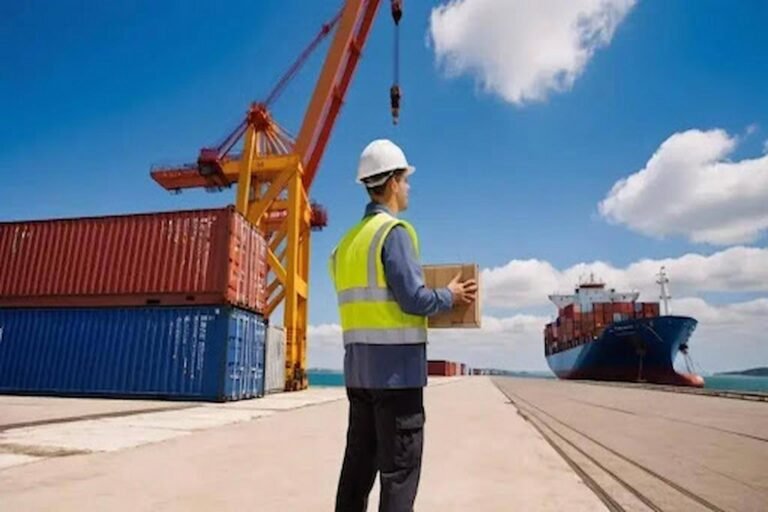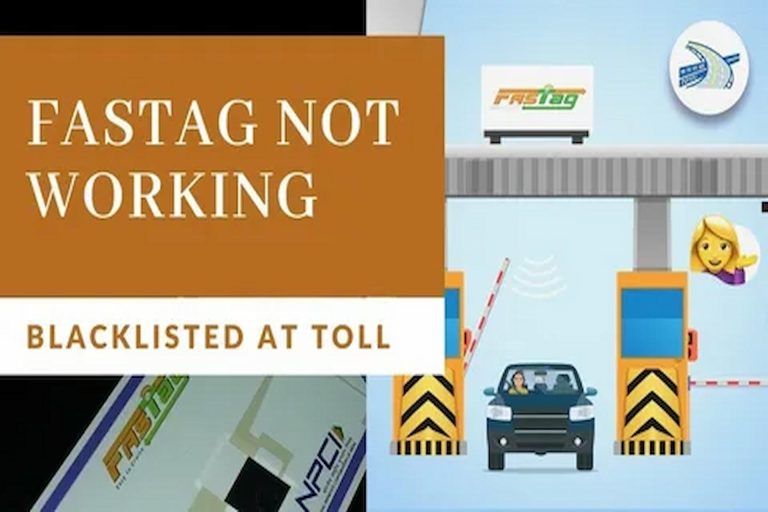The Eurozone crisis is effecting how business is done all across Europe. Economies that were once the leading lights in many different business arenas are now being hit by seemingly unrecoverable debt and downgrades in their banking ratings.
This has meant many different things. Not only are certain countries trading less than they used to, but prices of commodities have changed drastically in a very short space of time, leading to many businesses looking elsewhere for the same items.
For those who have done business with sectors in certain countries for many years, going elsewhere can lead to a great deal of confusion and uncertainty. As such, the need for cheap translation to bridge this problem has become increasingly important.
Translation costs are very important in such a changeover as, should translations be extremely expensive, it may completely negate the point in going elsewhere to source goods or services.
The huge uncertainty in Europe has lead to many businesses going far further afield, to deal with those in much stronger Asian economies. Whilst talking to those in France is often easy enough, the language barrier between Britain and Asian countries is likely to be far greater, expediting the need for companies to find cheap translation.
Of course, it is not just translation costs that need to be factored into account, and the idea of Europe facing up to two years of austerity has made many businesses look at long-term dealings with those further afield.
Once the language barrier has been dealt with, businesses may well have to change the way in which they order services or goods and set up certain infrastructures accordingly.
Yet, whilst the needs of businesses are changing due to the Europe crisis, in many ways, being able to deal with more countries as and when one needs to simply opens up a business’s ability to increase prosperity no matter what happens.



